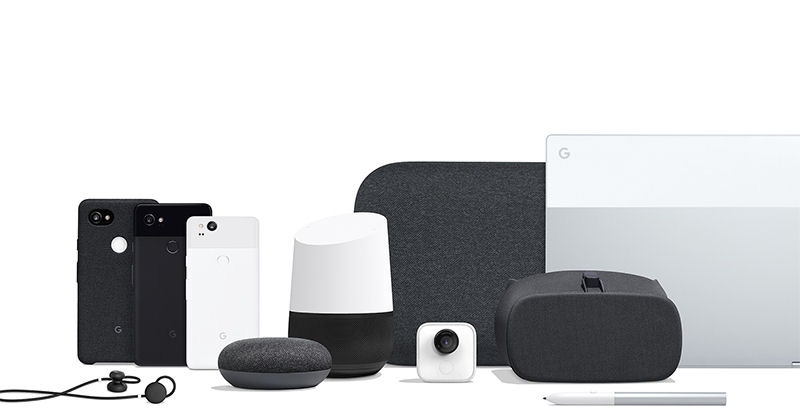Smart speakers were only about developing a new dynamic in the relationship between the OTTs and the consumer, and Walmart’s new ‘Voice Order’ feature is a taste of things to come.
April 2, 2019

Smart speakers were only about developing a new dynamic in the relationship between the OTTs and the consumer, and Walmart’s new ‘Voice Order’ feature is a taste of things to come.
The new initiative from Walmart is perfect for the Google smart speaker ecosystem, as it plays to the strengths of the internet giant. By simply saying ‘Hey Google, talk to Walmart’ consumers will be able to use their voice to build shopping lists with the grocery mammoth, using any device which has the Google Assistant installed on it.
“With the new voice ordering capabilities we’re building across platforms with partners like Google, we’re helping customers simply say the word to have Walmart help them shop … literally,” said Tom Ward, SVP of Digital Operations at Walmart US.
Of course, the application will not be perfect to start with, but as with anything intelligence related it can be trained and personalised to each individual. At the beginning, users will have to specify what products to put into the cart, but soon enough the virtual assistant will remember these purchases. Saying ‘milk’ won’t put any brand or product into the cart, but the one you bought last time.
This is the futuristic world Silicon Valley had in mind when it started rolling smart speakers out to the world, and we imagine it won’t be too long before the innovation starts catching on.
Although some might suggest Google and Amazon have ambitions to disrupt the audio industry with the launch of their own smart speakers, this was most likely a ploy to drive user acceptance and demonstrate to the mainstream brands there is consumer appetite. If you actually look at the products which Google and Amazon have been championing, they would not compete with the calibre which could be manufactured by the likes of Bose or Bang & Olufsen, but it did start to get consumers using smart speakers.
Google and Amazon are the top-sellers of smart speakers across the world, with Amazon claiming to have now sold more than 100 million products, but the traditional audio giants are starting to release their own products. Sonos is releasing models, so is Samsung. But the traditional audio brands do not have the software smarts to create their own virtual assistants, this is where the likes of Google and Amazon come in.
Sooner or later, smart speakers will be the norm, with the internet giants battling for access to the consumer. A walled garden business model can be created, with the virtual assistant monetizing relationships between the consumer and a third-party. This creates a new dynamic between the consumer and Silicon Valley, offering more opportunities for the internet giants to sell to third-parties, and it looks like Google has won round one in the fight for control of the living room.
Walmart has said other assistants will be available to place orders before too long, but Google was selected as the first partner. This could mean one of two things. Firstly, Google nailed the partnership, commercial elements and technical issues to all for such a feature to be introduced. Then again, it could have paid for the right to be first.
Perhaps it should come as little surprise Google has won the first round here. While Amazon fortunes emerged from hosting an online marketplace and creating a dominant public cloud platform, this sort of feature is true to Google heritage. The Google dominance was created through software, intelligent algorithms and monetizing third-party relationships online. This is nothing more than an extension of this expertise onto a new user interface.
Whichever the case, it is largely irrelevant. Google is now ahead of Amazon when it comes to monetizing the voice user interface. This is a big step forward for the digital economy, and while it might be early days, it does give an indication of the futuristic world we are hurtling towards. With more ‘intelligent’ devices emerging, Google and Amazon could be set to become a lot more powerful and influential.
About the Author(s)
You May Also Like








.png?width=300&auto=webp&quality=80&disable=upscale)


_1.jpg?width=300&auto=webp&quality=80&disable=upscale)


.png?width=800&auto=webp&quality=80&disable=upscale)